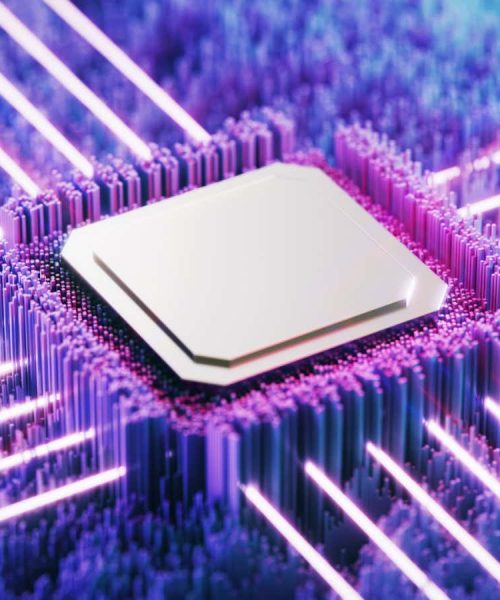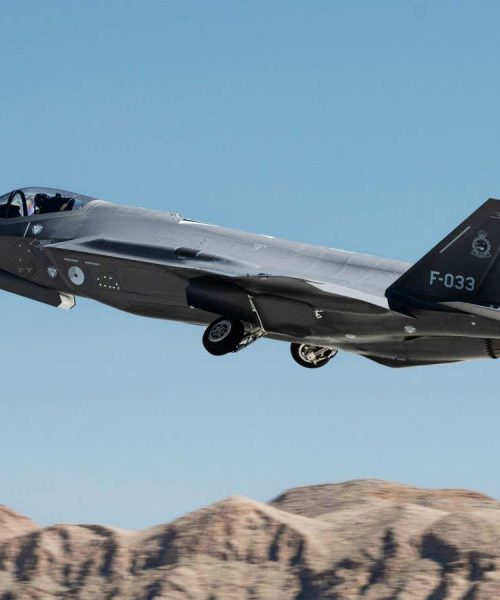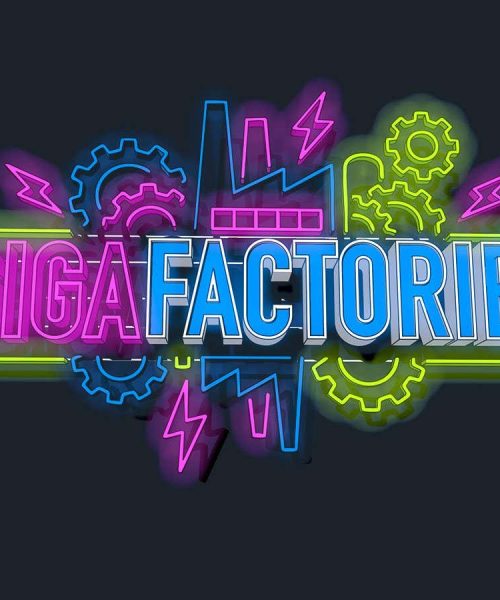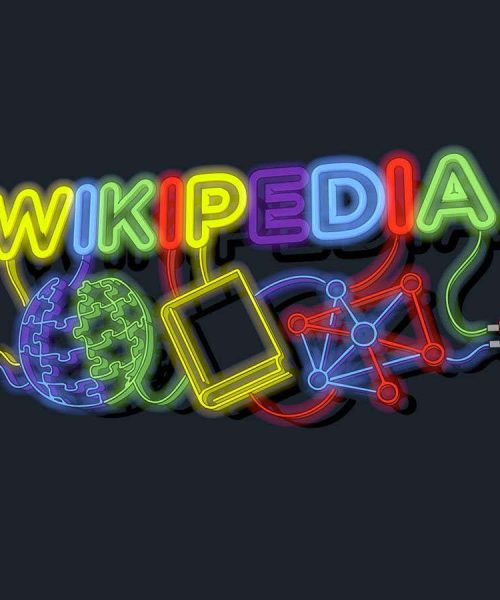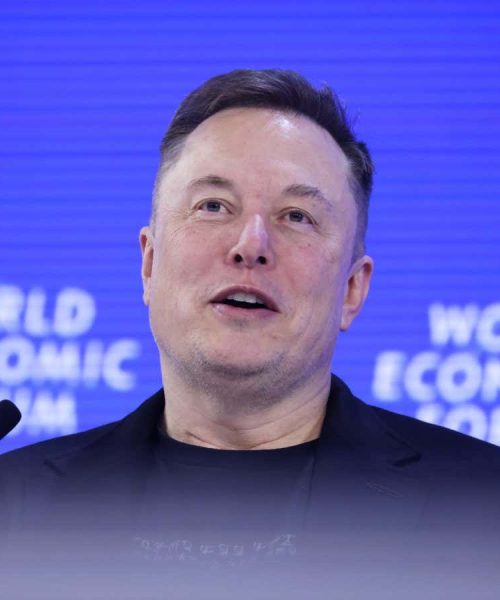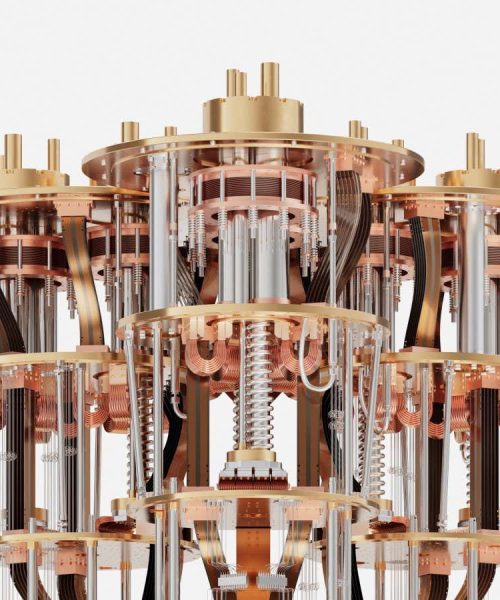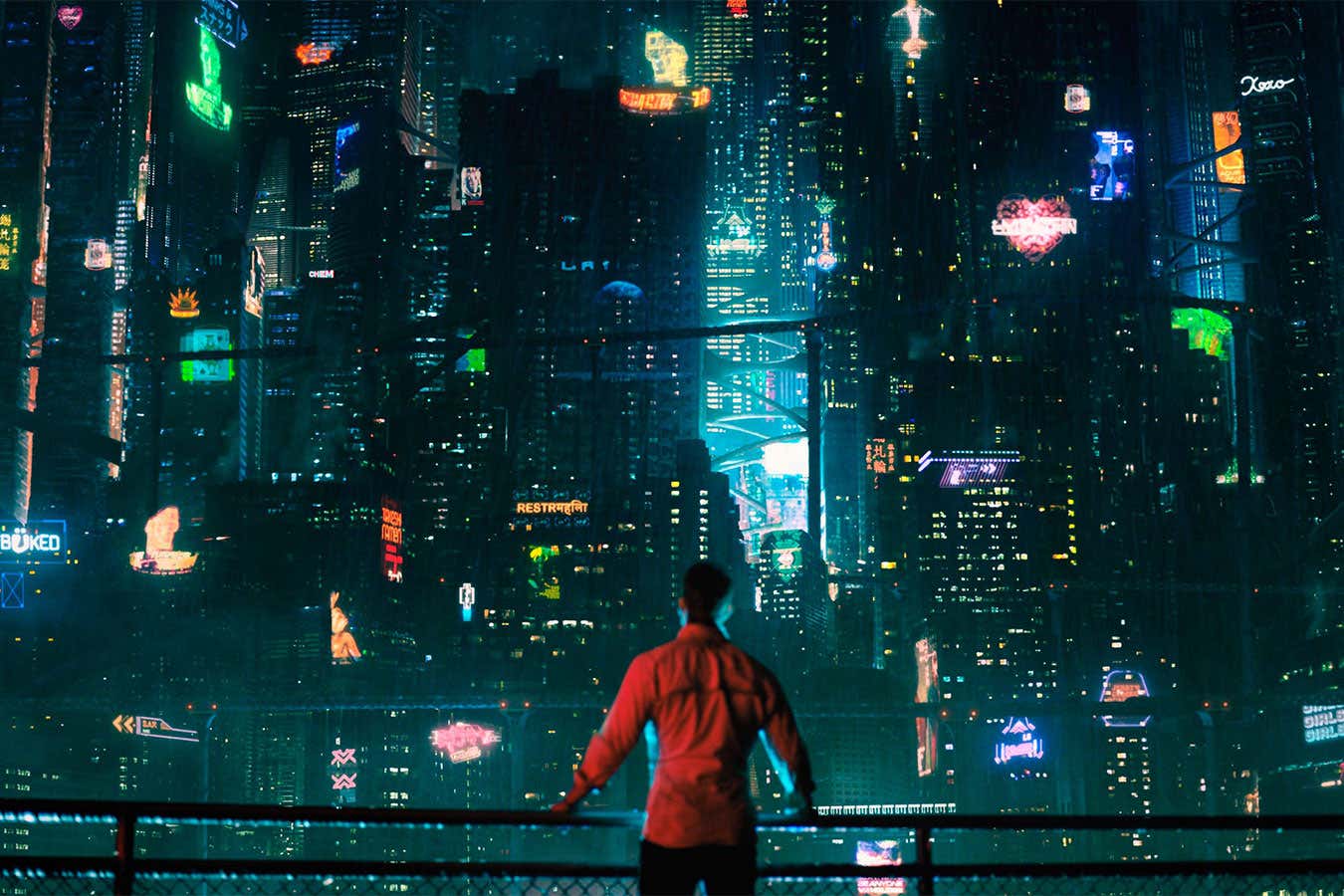
Artificial intelligence is here, but we are still guessing what its future holds. Hollywood has been imagining the impact AI might have on our lives for decades, but how accurate are these portrayals?
AI researcher Beth Singler is assistant professor in digital religion(s) at the University of Zurich, Switzerland, and a lifelong sci-fi fan. Thinking about “what you think about machines that might think”, she explores cultural depictions of technology, including AI, and how they might shape our fears and expectations. In this latest iteration of our sci-fi series, Singler dives into some of the best and worst examples of AI in film and TV.
Take 1986’s Short Circuit: did it really get AI right? Surprisingly, yes, in some ways. For example, it recognised that large language models need massive data input. “Input, input, INPUT!” says Number 5, the out-of-control military robot at the heart of the film.
Then there is Ex Machina, often praised as a thoughtful take on AI and personhood. But what interests Singler is its portrayal of gendered AI, a recurring Hollywood trope that raises questions about how we view this technology.
Advertisement
And few films have shaped our perception of AI quite like The Terminator. Rooted in 1980s cold war fears, it captures anxieties about the military-industrial complex, a worry still relevant to today’s automated drone warfare. What is clear now, however, is the growing role of private companies and individuals in shaping AI’s future.
Topics:
